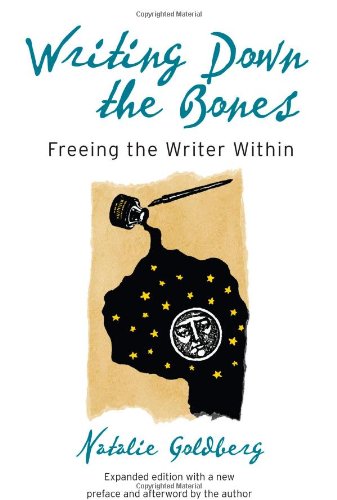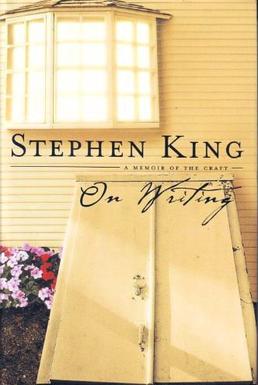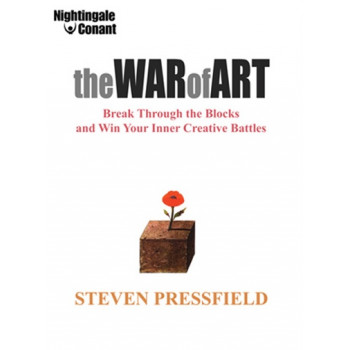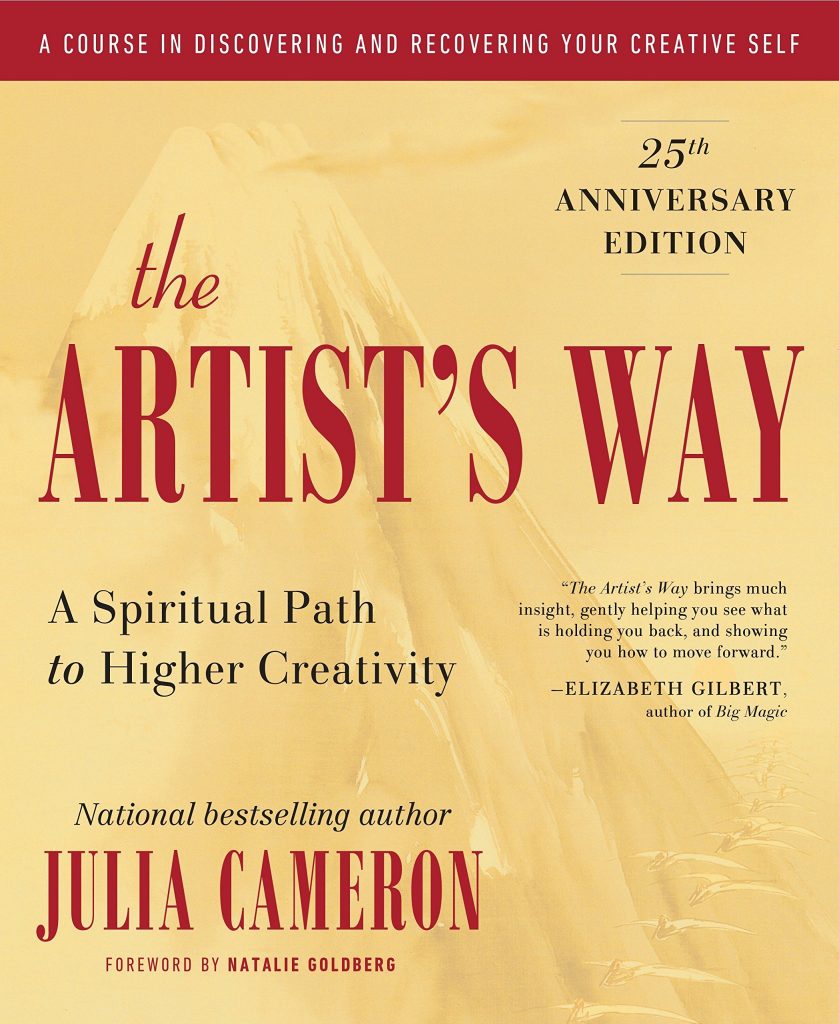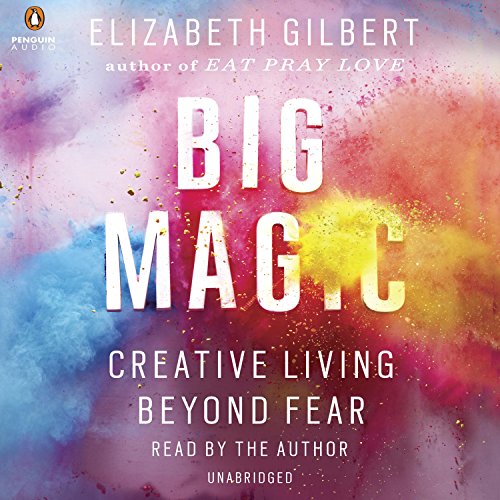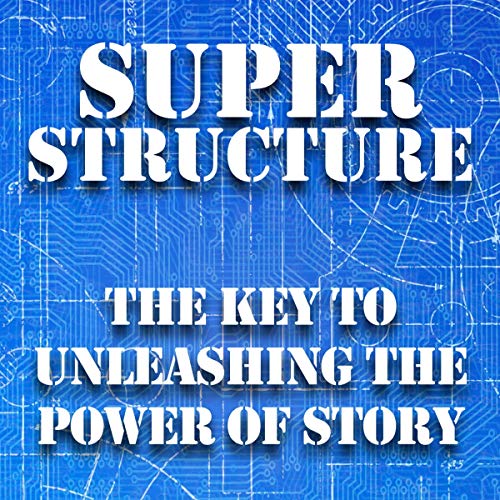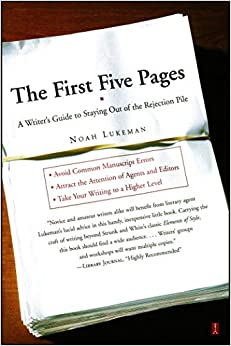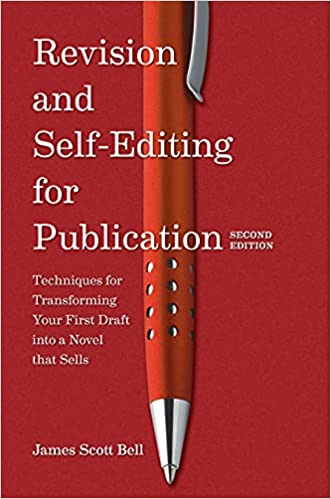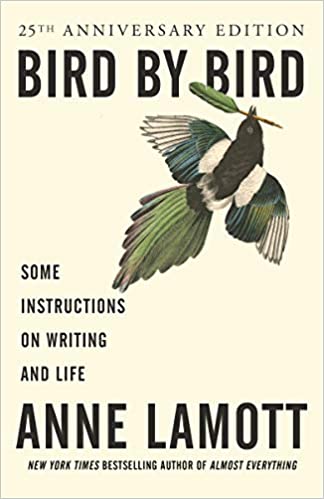If you’re like most people, you start a new book with the best of intentions. You’re going to write every day, make great progress, and finish your manuscript in no time. But then life gets in the way and before you know it, months have passed and you’re no closer to finishing your book than you were when you started. If this sounds familiar, don’t despair. These 10 books might just be what you need to get your novel finished.
1. Writing Down the Bones by Natalie Goldberg – This classic book on writing offers advice that is as relevant today as when it was first published in 1986. Goldberg encourages writers to “put down what wants to be written
Promising review: “Writing Down the Bones is a gem of a listen, it’s like the oddest little ear candy ever. Her steady metronome style of speaking is filled with rules of engagement, with kindness, and with some arguments to counter your own self when you meet your true resistance. This was written well before the marketing / writing / promoting self-help boom came along, and thank goodness. Natalie Goldberg’s book is entirely without jargon and tactics, god how I hate that word now, and yet it is a complete guide to ‘writing your asses off.'” – S. Anderson
2. On Writing by Stephen King – This classic guide to writing offers advice on how to get started, how to keep going when you get stuck, and how to revise your work.
Promising Review: “Stephen King is a genius. The first part is a memoir, written in short pieces. His life is intriguing, I would have read it just for that. The rest is advice on writing, which he intertwines with his past and his own successes and pitfalls… Highly recommend On Writing for writers and non-writers alike.” – Madison
3. The War of Art by Steven Pressfield – In this book, Pressfield offers encouragement and motivation for writers who are struggling to overcome resistance and finish their work.
Promising Review: “The War of Art is an absolutely amazing book on self-discipline and creativity. If you’re an entrepreneur, an artist, a writer, scientist or just about anybody with an internal urge to CREATE something but cannot because of distractions, fears, doubts and apprehensions, then this is the book for you.” – Harry R.
4. The Artist’s Way by Julia Cameron – In this international bestseller, Cameron presents an invaluable guide to pursuing creative interests and staying dedicated to your craft. With step by step, chapter by chapter “instructions”, this book will help you achieve your artistic goals. If you’re struggling to finish your manuscript, this book is for you.
Promising Review: “I loved The Artist’s Way! I decided to actually follow the guidelines for the book – one chapter a week, doing the written exercises, the morning pages, the artist day… and I stuck to it. That is not usual for me, but I decided to give it a try… and it worked! I still do not go to my studio as often as I should and I am still not as disciplined as I should be… but it doesn’t bother me as much and I keep to the thought that this should be fun…and I have more fun! The side effect that I had completely not anticipated at all, was that I lost 25 pounds over the 16 weeks (16 chapters) and I wasn’t even trying.” – A. Galer
5. Big Magic by Elizabeth Gilbert – An insightful view of Elizabeth Gilbert’s process. In this book, she shares her wisdom and unique perspective about creativity. She offers insights on the sometimes elusive topic of inspiration, and encourages readers to embrace their curiosity.
Promising Review: “Talk about receiving the right message at the right time. Wow. Big Magic is one of the most honest discussions about the creative process that I’ve ever read. Gilbert strikes a playful and conversational tone, but make no mistake, this is all straight talk. Her no-BS attitude helps do away with the unrealistic expectations and unnecessary melodrama attached to the concept of “creative living” (like how she so expertly pish-poshes the “tormented artist” ideal).” -Ladybug
6. Super Structure: The Key to Unleashing the Power of Story by James Scott Bell – This book covers over two decades worth of research on plot structure and story. You’ll learn what makes a commercial screenplay or novel appealing to your audience. You’ll never wonder if your story is going in the right direction again!
Promising Review: “If, like me, you have ever started writing a story only to sigh in frustration when you realize that you don’t know what should happen next, then this book is for you. Super Structure tells you the “beats” that will resonate with readers if they appear in your story. It doesn’t tell you how to write – there are a lot of other books that will give you the skills to create characters, render conversations realistically and describe your fictional world. It doesn’t dictate what your story is about. What it does is to give you “signposts” to point the direction through your narrative.” – DNC
7. The First Five Pages by Noah Lukeman – Ever wonder how to capture a reader or agent’s attention from the very first page? As Noah Lukeman points out, if you’ve got your heart set on scoring a literary agent or a top editor, the first five pages need to immediately stand out against the competition. If you’re an experienced writer or a notice, this book will help you polish your first five pages into something readers and agents will love.
Promising Review: “As a beginning writer I found The First Five Pages quite helpful. This book is organized by Lukeman in the order he feels are the reasons editors, agents and publishers reject a manuscript, which is great for new writers. Now that I’ve read the whole book, I plan to work through my manuscript chapter by chapter referring back to this book.” – JW
8. Revision & Self-Editing by James Scott – Finished your manuscript, but dreading the intimidating and time-consuming revision process? You’re not alone, most writers hate this stage of the process. If this sounds like you, this book is a must read. The author thoughtfully provides techniques for reviewing and editing your own work.
Promising Review: “Revision and Self Editing for Publication is written in a way that doesn’t sound condescending. It’s warm, open, encouraging, and opened my eyes to ways I can improve my writing techniques. It is great to read on the kindle, but I think I might actually purchase it again in paperback for easy page navigation and marking important and frequented resources.” – SaJeTwi
9. Bird by Bird by Anne Lamott – This book is a classic that all aspiring writers young and old should have in their arsenal. A hilarious, helpful, and unique guide to writing and life. Hailed as one of the best books for authors, you’ll definitely want to give this book a read… especially if you’re in the midst of a writing rut.
Promising Review: “I had come to a halt in both my writing and reading, and I have Bird by Bird by Anne Lamott to thank for falling in love with both all over again. She shares so much wisdom and insight on the art of writing, that it would be impossible for you to not fall in love with the craft and find inspiration again. As well as helpful tips and advice the story is layered with touching and insightful stories that will make you laugh and then bring you round to that “a-ha” moment. I would highly recommend this to any writer or anyone who loves the art of writing.” – Bryan
10. Grit: The Power of Passion and Perseverance by Angela Duckworth – While not about the craft of writing specifically, Angela Duckworth’s “Grit” is the perfect book for anyone struggling to finish a novel, manuscript, or screenplay. Building on years of research, Angela outlines the recipe for success in any endeavor.
Promising Review: “I found Grit to be the perfect hybrid of informative and motivating. If you’re looking for a book that will help educate you as to what you should do in your life and how you can be successful doing it, then this is the book for you. It lays out chapter-by-chapter both the science and the steps you’ll need to take in order to make changes in your life that will lead you to success or at least put you on the path towards it.” – Eric Noreen

